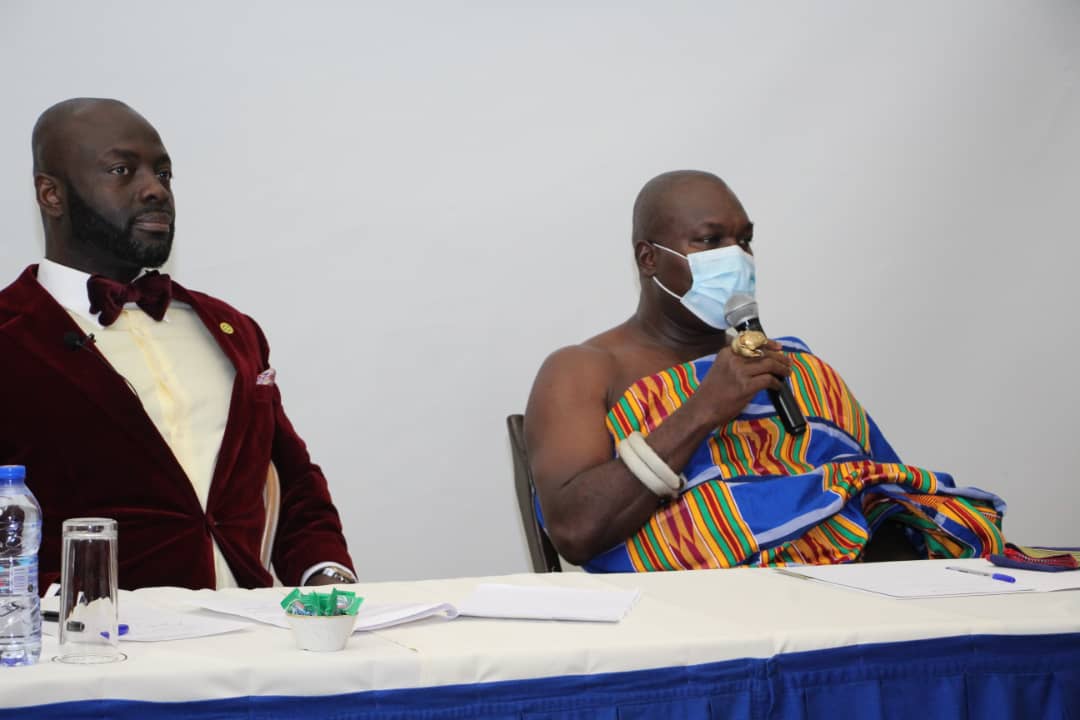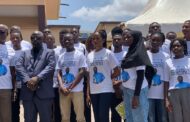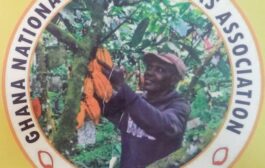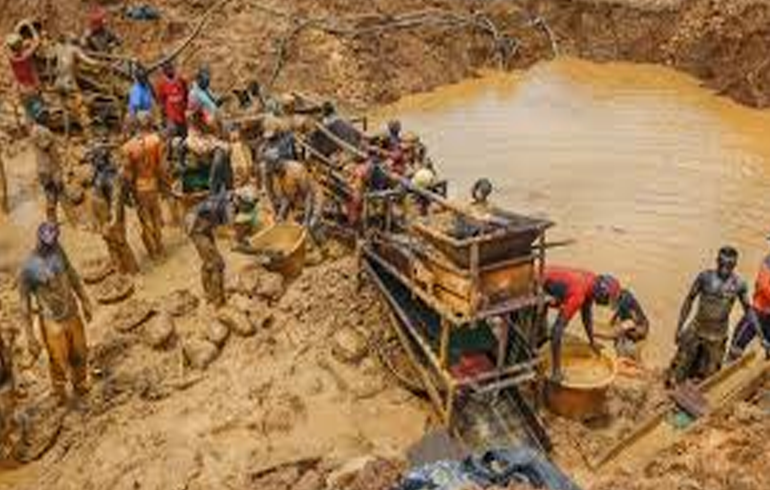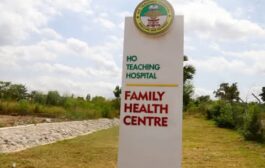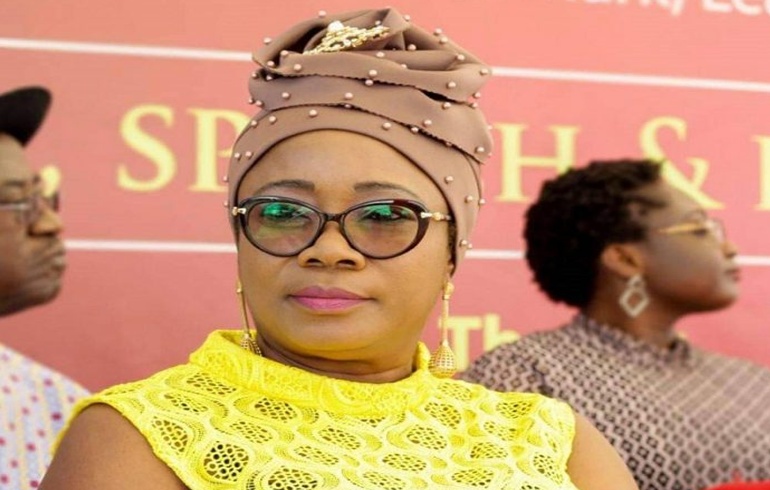The Akwamu Traditional Council in the Eastern Region has leased 100-acre land to an investor for the construction of a large pharmaceutical plant.
At a handing over ceremony and press conference, Odeneho Kwafo Akoto II said the establishment of the plant will create jobs for the youth in his Traditional area.
He was hopeful that it will also impact quality healthcare.
“We have always recognized the need for capacity building in healthcare and healthcare infrastructure and this initiative couldn’t have come at a better time where we all have to come together as traditional leaders, government and the private sector included to prioritize on putting our people’s healthcare in the forefront”, says Odeneho Kwafo Akoto III, Paramount Chief of Akwamu Traditional area.
The investor, a US-based Ghanaian Surgeon Dr. Michael K Obeng stated that the pharmaceutical plant when completed will manufacture affordable and effective, superior quality medications that meet the highest international standards, for the treatment of high blood pressure, diabetes, malaria, and pain, therefore making a vital contribution in curbing and mitigating the challenges and risks associated with counterfeit medications.
He said the first-class pharmaceutical plant project officially commenced in 2018 when it broke ground in Kumasi, Ghana.
However, it came to a halt in 2020 due to the Covid-19 pandemic that ravaged global economies brought the world to its knees, claiming an unprecedented number of lives.
He said, the disruption by COVID-19, however, gave the project a broader prospect and as the vision expanded; it became imperative to acquire bigger premises which the Paramount Chief, Odeneho Kwafo Akoto III, and the Akwamu Traditional council agreed to become an equity partner and graciously donated 100 acres of land.
“As the vision of the pharmaceutical plant has expanded, we are now also incorporating a vaccine center, a world-class research laboratory which will not only increase job creation but also bring scientists from all over the world to come and live in Ghana and work”, says Dr. Obeng.
For the project partner Tapan Shah, “If there’s one thing that the pandemic has taught us is that Africa is fertile with innovation and there’s a massive opportunity for the continent to transform its healthcare. With our broad experience in pharmaceutical product development as well as its modern research facility, we are thrilled to be part of this vision”, says Tapan Shah, Executive Director at Sushen Medicamentos, a global healthcare organization whose focus is on drug delivery research and product development.
He said the company would provide 100 direct employments for workers when in full operation
According to the Goldstein report, Africa is the only pharmaceutical market where genuinely high growth is still achievable, the value of Africa’s pharmaceutical industry jumped to USD 28.56 billion in 2017 from just USD 5.5 billion a decade earlier. That growth is continuing at a rapid pace, it has been predicted that the market will be worth USD 56 billion to USD 70 billion by 2030.
Over the past two decades, Africa has emerged from a troubled history to become one of the world’s fastest-growing economic regions. Africa’s GDP has been projected to grow by 3.4% in 2021, after contracting by 2.1% in 2020.
The sector is valued at US$ 300 million and comprises consumer/retail sales as well as export of products to other West African countries. The industry has an estimated 40 registered manufacturers of which 22 are currently active.
The Ghanaian pharmaceutical market is made up of approximately 30% locally produced drugs and 70% imported products. However, the Ghanaian government has emphasized the need to manufacture more locally produced medicines over the next decade, an ambition it shares with many African governments. Ghana’s pharmaceutical manufacturing sector directly employs approximately 5000 workers. About 10 manufacturers account for 80% of the total industry output.
Source: Mybrytfmonline.com/Obed Ansah



